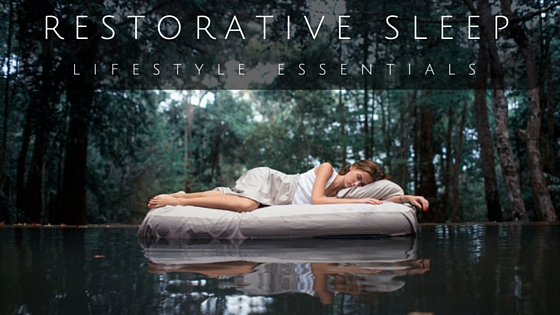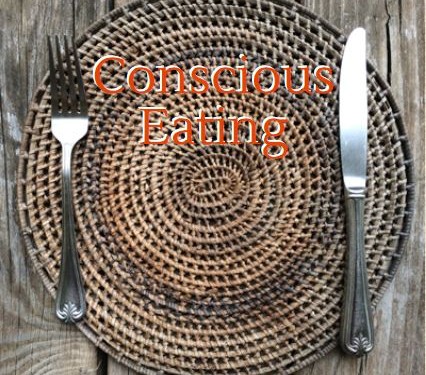Sleep is a natural periodic state of rest for the mind and body. Like eating, sleeping is a basic human need. Satisfaction of this need is essential for the preservation of human beings. In the same way we cannot survive long term without eating we cannot survive long term without sleeping. Sleep fulfills important functions: physiological, physical and psychological restoration, hormonal secretion, cell repair, immune functions, memory consolidation and communication with our soul.
Quality sleep and good rest is essential in our residential programs. Sleep and rest is an important part of healing. During sleep the body repairs and regenerates. We generally encourage early retirement to bed and early rising coordinated with the natural occurrence of the sun’s light. It is best to be sleeping when it dark outside as darkness stimulates melatonin production and the same goes for sleeping in a dark room. Melatonin plays an important role in promoting sleep, regulating circadian rhythms and supporting the immune system. With sufficient melatonin production during the night one feels rested upon awakening. For sleeping disorders like insomnia, we have a specific treatment protocol.
During residential retreat programs it is also the ideal opportunity to take advantage of being away from other responsibilities and being able to get ample hours of sleep every night. Good rest will go a long way in reviving your spirit and clearing up clutter in your mind.
Benefits Good Sleep Provides:
- Lowers stress and improves mood
- Helps maintain a healthy weight
- Improves athletic performance and coordination
- Increases ability to pay attention and remember new information
- Ensures optimal immune function
- In humans aged 4-60 growth hormone is secreted only during sleep
Oftentimes patients with mental emotional or other medical conditions have difficulty sleeping. In these cases we provide supplementation to support restful sleep. The link between lack of sleep and depression has been well documented in research. Counseling Sessions that are offered as part of our programs provide tremendous relief from old stored up emotional issues which can contribute to better sleep very quickly. In addition effective pain management is important for patients suffering chronic pain to ensure good restful sleep.
According to the National Sleep Foundation adults need between seven and nine hours of sleep per night. Sleep needs are individual based on two factors.
- Your personal basal sleep need: the amount of sleep your body needs on a regular basis for optimal performance
- Your sleep debt: accumulated sleep that’s lost from poor sleep habits, sickness, awakenings from environment factors and other causes
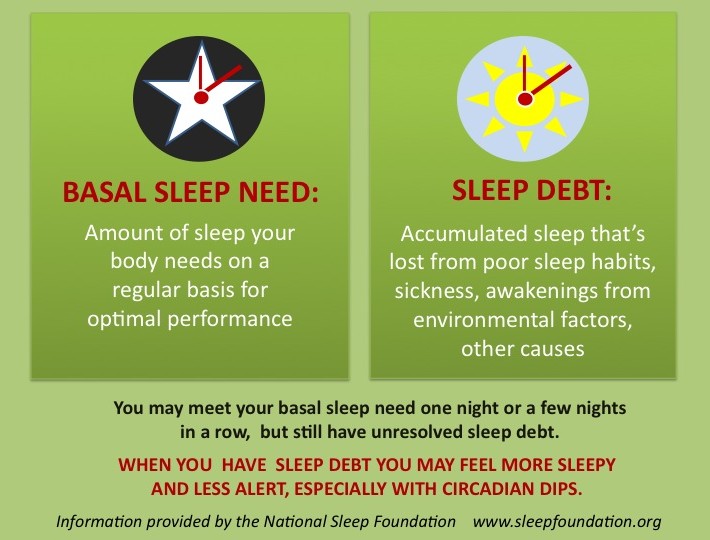
The Basic Mechanisms of Sleep
The sleep-wake cycle in human adults consists roughly of 8 hours of night time sleep and 16 hours of daytime wakefulness. The sleep-wake cycle involves a complex interaction among the circadian clock, brain areas, sleep-inducing chemicals, and body temperature. Sleep is regulated by two processes: homeostasis and circadian rhythms.
Homeostasis
The amount we sleep each night is under homeostatic control like many other bodily functions. In homeostasis the body maintains equilibrium of internal conditions like blood pressure, body temperature, acid-base balance and sleep. The need for sleep depends on the amount of time that has elapsed since the last adequate sleep episode. The more time elapsed the greater the need for sleep to restore equilibrium. When we wake up in the morning we are at complete equilibrium for sleep and with every passing hour of the day we move further away from that state and the greater the need for sleep is. The longer we extend not going to sleep when bedtime arrives the more tired we become.
The neurotransmitters involved in this homeostatic drive for sleep is not understood yet, but research indicates that the sleep causing chemical adenosine may play a role in this. Blood levels of adenosine rise continuously during the day and decrease when we sleep at night.
Circadian Rhythms
Circadian rhythms are cyclical changes that occur in the body every 24 hours. These changes include changes in body temperature, hormone levels, and sleep. These changes seem to be driven by the body’s internal biological “clock”. The biological clock is located within the suprachiasmatic nucleus (SCN) in the brain. Biological clocks are genetically programmed so that we can live in harmony with nature’s rhythms like day and night and the seasons.
Melatonin is a hormone produced by the pineal gland and it is controlled by the circadian clock. Melatonin levels rise at night and decline at dawn. Melatonin promotes sleep. The hormone cortisol, produced by the adrenal cortex is secreted at the end of sleep to bring about alertness or waking up. More cortisol and adrenalin is secreted in the morning to stimulate alertness.
The Ventrolateral Preoptic Nucleus (VPN) in the hypothalamus of the brain acts as a ”master switch” for sleep. When the sleep switch is turned on the VPN secretes the neurotransmitter GABA which turn off certain areas in the brain that keeps the brain awake. The VPN also turns off the reticular formation, a column of cells that stretches the length of the brain stem. In order for the forebrain to receive and process information from the senses, it must be aroused and alerted by the reticular formation. The reticular formation is turned off by the VPN to go to sleep.
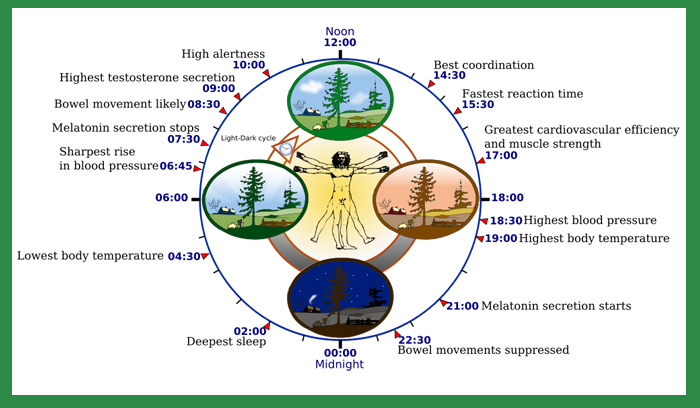
The human biological clock affects the daily rhythms of many physiological processes. This circadian pattern depicted in this graph is typical of a person that rises early in the morning, eats lunch around noon, and sleeps at night at 10pm. source: Wikipedia, the free encyclopedia, YassineMrabet
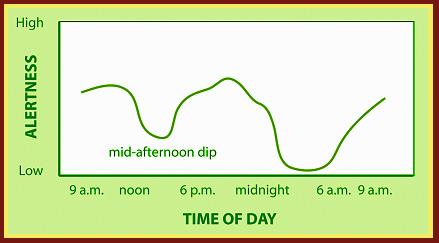
This graph shows circadian dips for an individual that wakes up around 6am. In the morning the body secretes cortisol and adrenaline to increase alertness. After about noon (12pm) alertness begins to decline until 3pm when more hormones are secreted to stimulate alertness and sustain it until night time when it declines again to allow us to sleep at night.
Lifestyle Changes For Sleep
It is important that patients learn the importance of sleep in daily life and the vital role sufficient, quality, restful sleep plays in health, quality of life and performance. The goal is for patients to realize practices conducive to good sleep (known as sleep hygiene). These include maintaining consistent sleep and wake patterns every day and therefore setting the biological clock for one self. Understanding this clock and respecting it in daily life will make for effortless sleep. In addition individuals can take advantage of circadian rhythms by scheduling performance driven activities during circadian peaks. And when circadian dips occur, individuals can observe it with awareness and understanding without thinking they should be very alert and mistakenly reach for stimulants like sugar and caffeine to perk up to the unnatural expectations for that particular hour of the day. In fact avoiding stimulants late in the day is another practice conducive to good sleep or maintaining sleep hygiene.
Adequate exposure to natural daylight is important. In other words to get more sleep, get more early morning sunlight. Exposure to sunlight in the morning helps to regulate the biological clock and keep it on track. The body’s biological clock appears to drift forwards slightly and when we stay up later or get up later we reinforce this drift which disrupt the natural sleep wake cycle. To counter this natural drift we need to reset our biological clock each day by exposing ourselves to natural light in the morning. Direct sunlight outdoors for at least one half hour between 6:00am and 8:30am is the most beneficial for resetting the biological clock.
Maintaining a cool, dark and quiet sleep environment is essential for good sleep hygiene. Darkness stimulates melatonin production and melatonin promotes sleep. The restfulness state experienced during the day is proportional to the amount of melatonin secreted in the night. Light pollution from street lights, electronic devices, digital alarm clocks all need to be eliminated when practicing good sleep hygiene.
Natural tools to fall asleep quickly
- Remove computers, cell phones or other electronic devices.
- Unplug electrical appliances
- Create darkness in your room, turning off all lights.
- Check ventilation and temperature of the room
- Check number and weight of blankets.
- Fluff up pillows and lay them in the right position
- Creating a favorable peaceful relaxing state of mind is the next important condition after a comfortable environment.
- Prepare sleep with meditation, listening to peaceful music, or to read a book.
- Create a ritual to welcome darkness, feeling gratefulness for the day and saying goodbye and bring inner peace
- Releasing the past and the future: Do a ritual to feel safe. Pledge no attachment to the past and enjoy the mystery of the future.
- Releasing fear: focus on the heart not on the head.
- Get in the parasympathic mode, nurturing the belly brain: feel your belly, breathe into your belly.
- Pray for a deep rest.
- If you do not fall asleep within 5-10 minutes, turn on the bed light and read until you cannot keep your eyes open.
Natural tools to avoid waking up
- Stop drinking fluids and food around 5 or 6 o’clock PM
- Eat a light dinner
- Get your bed made properly.
- Avoid synthetic material. Use cotton sheets
- Wear non-constrictive clothing or no clothing.
- Prior to going to bed have a picture in your mind of a full night sleep
Tools to get back to sleep quickly
- Go to the bathroom
- Read a book until you feel sleepy again
- Take a hot shower
- Get into a nurturing position in your bed
- Drink a glass of water
Tips to have a restful sleep
- Go to bed early, 9 PM is best or 10 PM at the latest. We are meant to go the sleep with darkness and wake up with light.
- Have an early dinner, 5:30 PM or 6:00 PM.
- Do not drink liquids past 6 PM
- Do not drink alcohol or drink moderately. Do not smoke. Avoid pharmaceutical drugs with a side effect of insomnia.
- Exercise, in particular take a walk in the afternoon before sunset.
- Surrender to the power of the night and its magic
- Let go of control and offer yourself to god, life, karma or nature.
- Surrender to yourself and this beautiful moment.
- Think rest, going back to the source, letting go of the mundane world, merging with your true self and true reality. When you wake up in the morning think: the dream begins.

